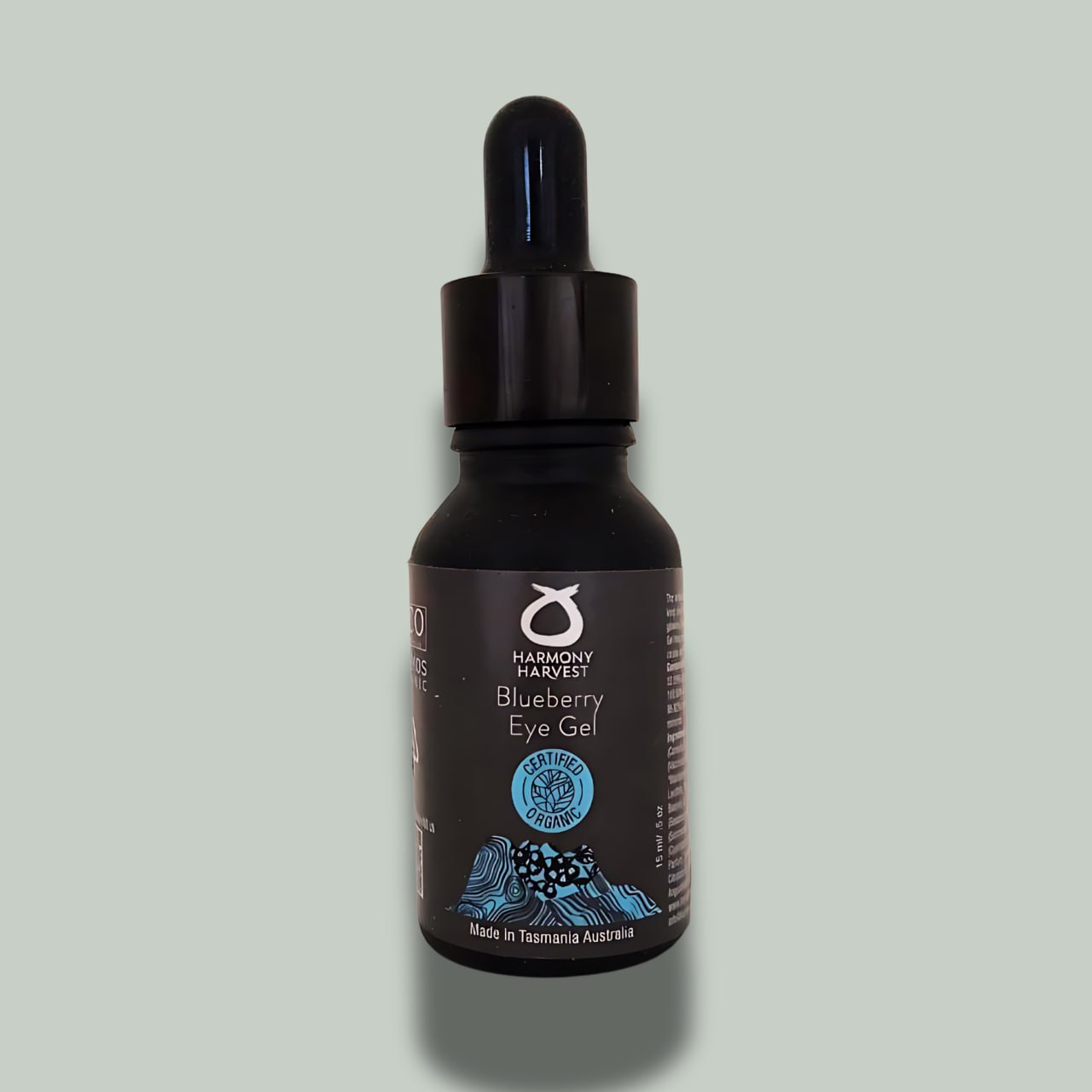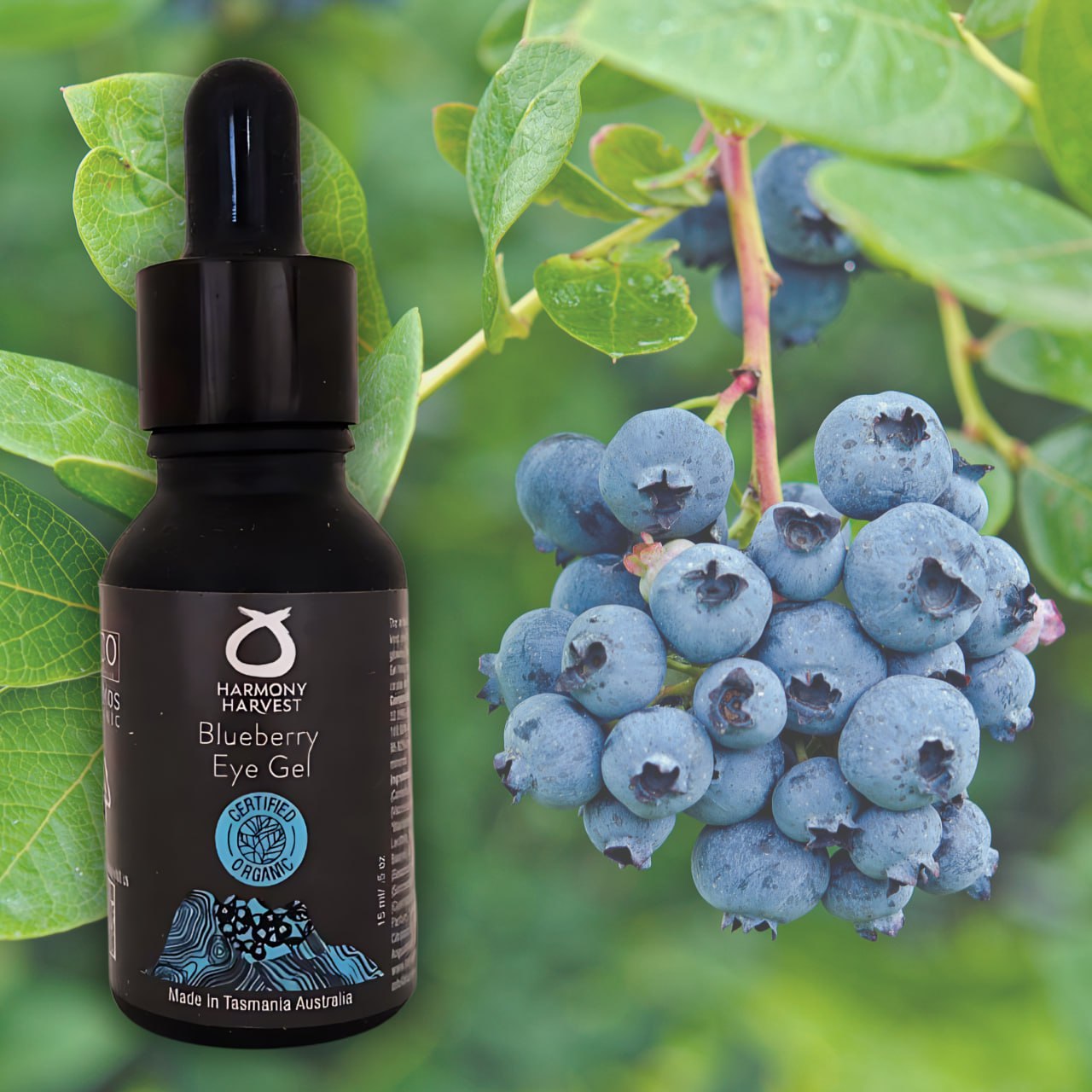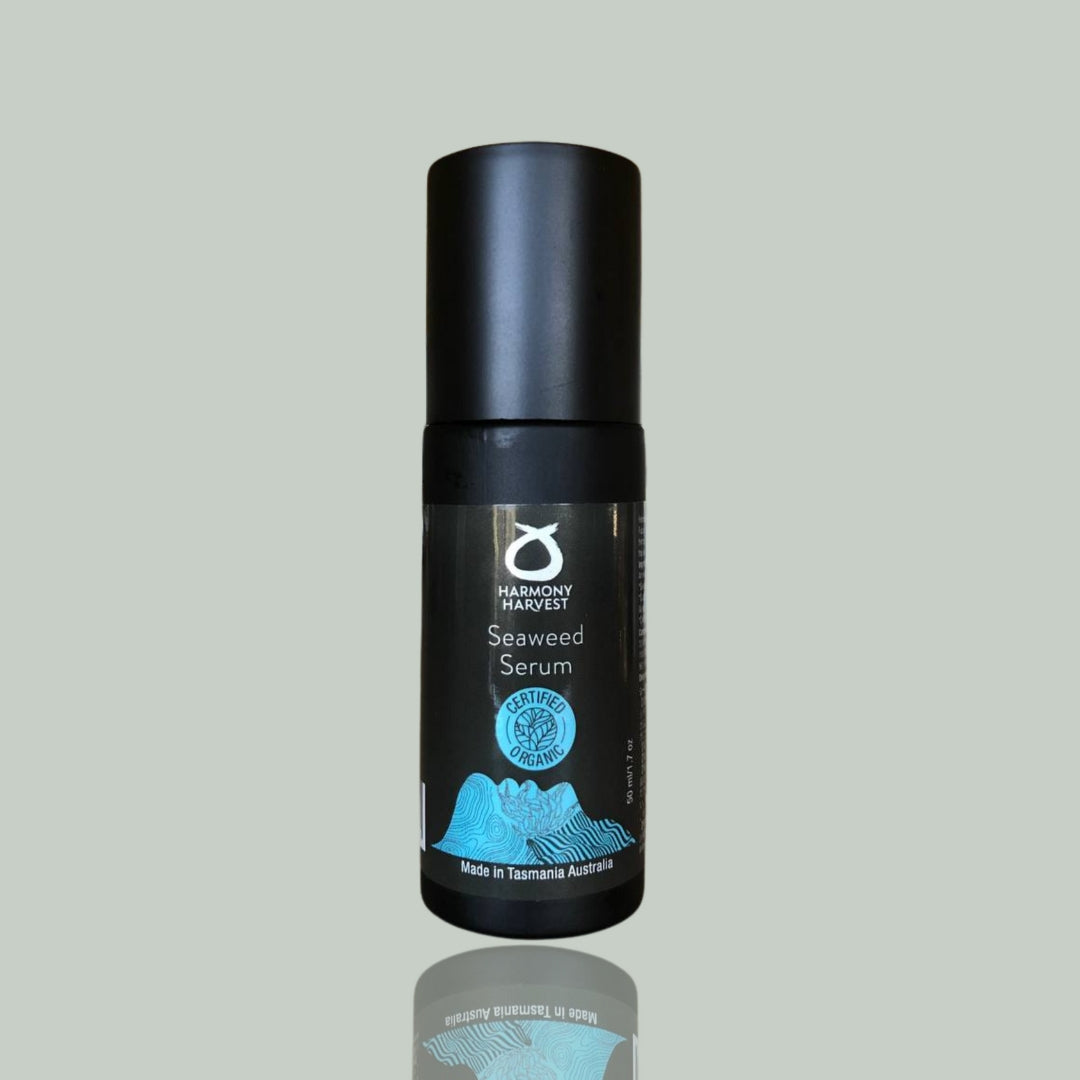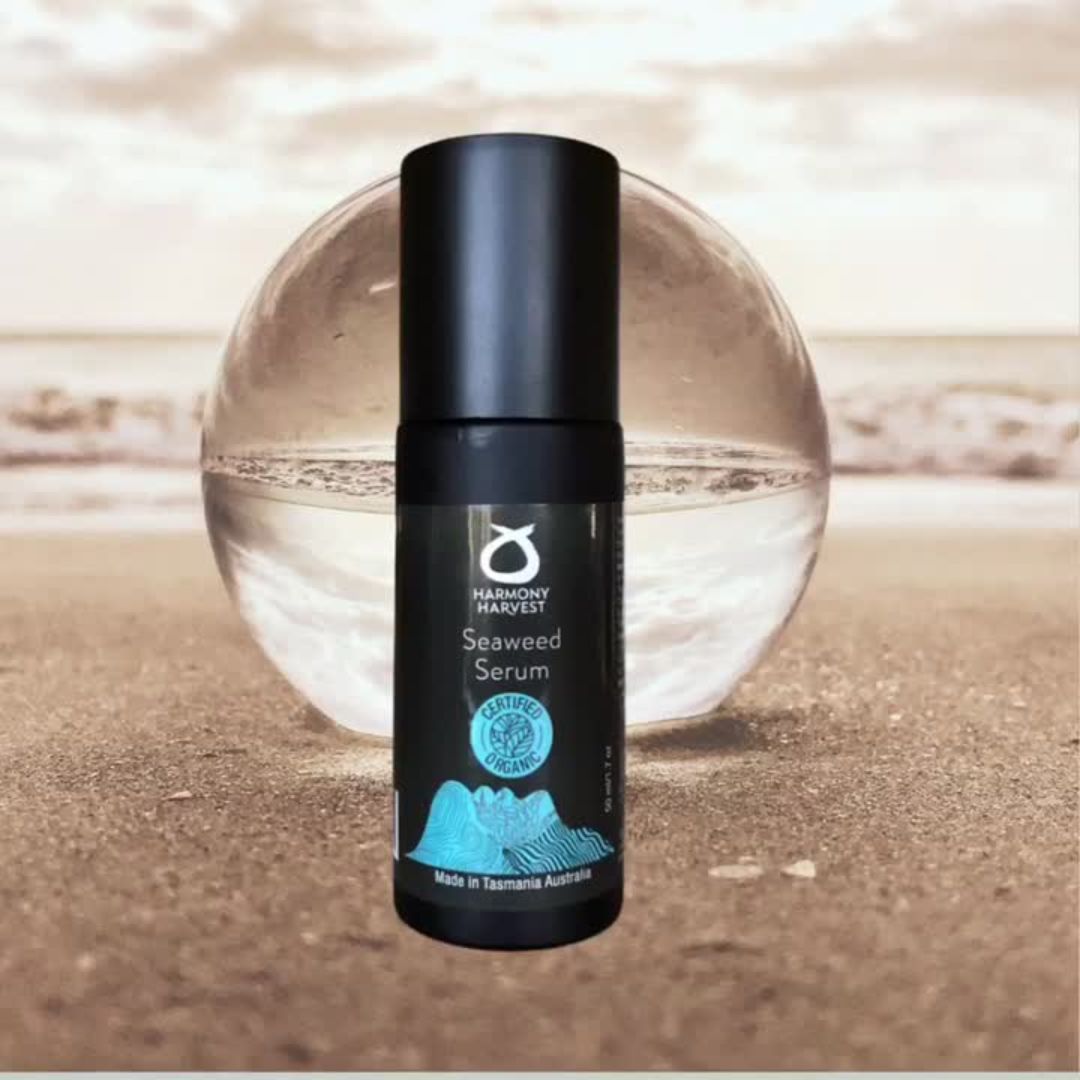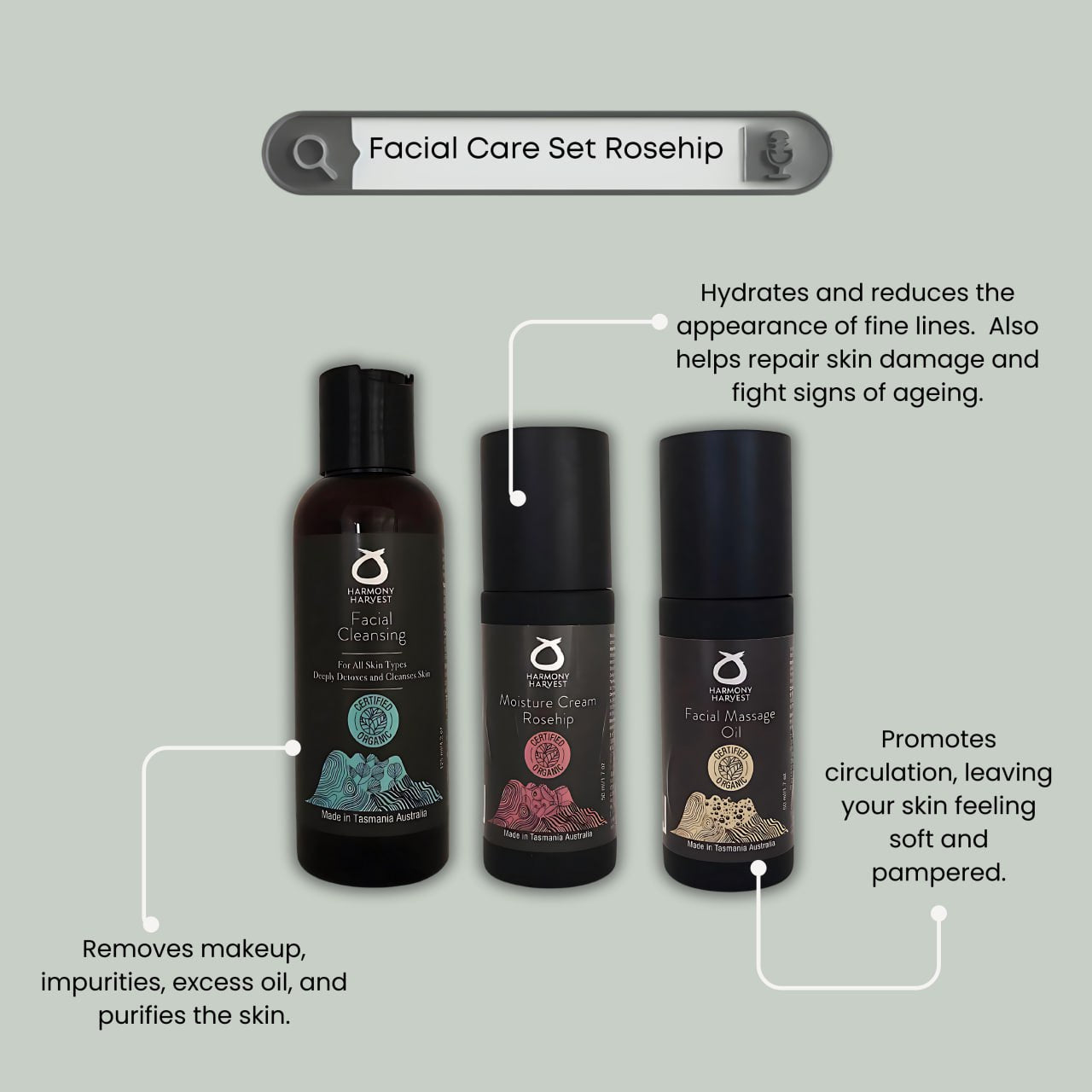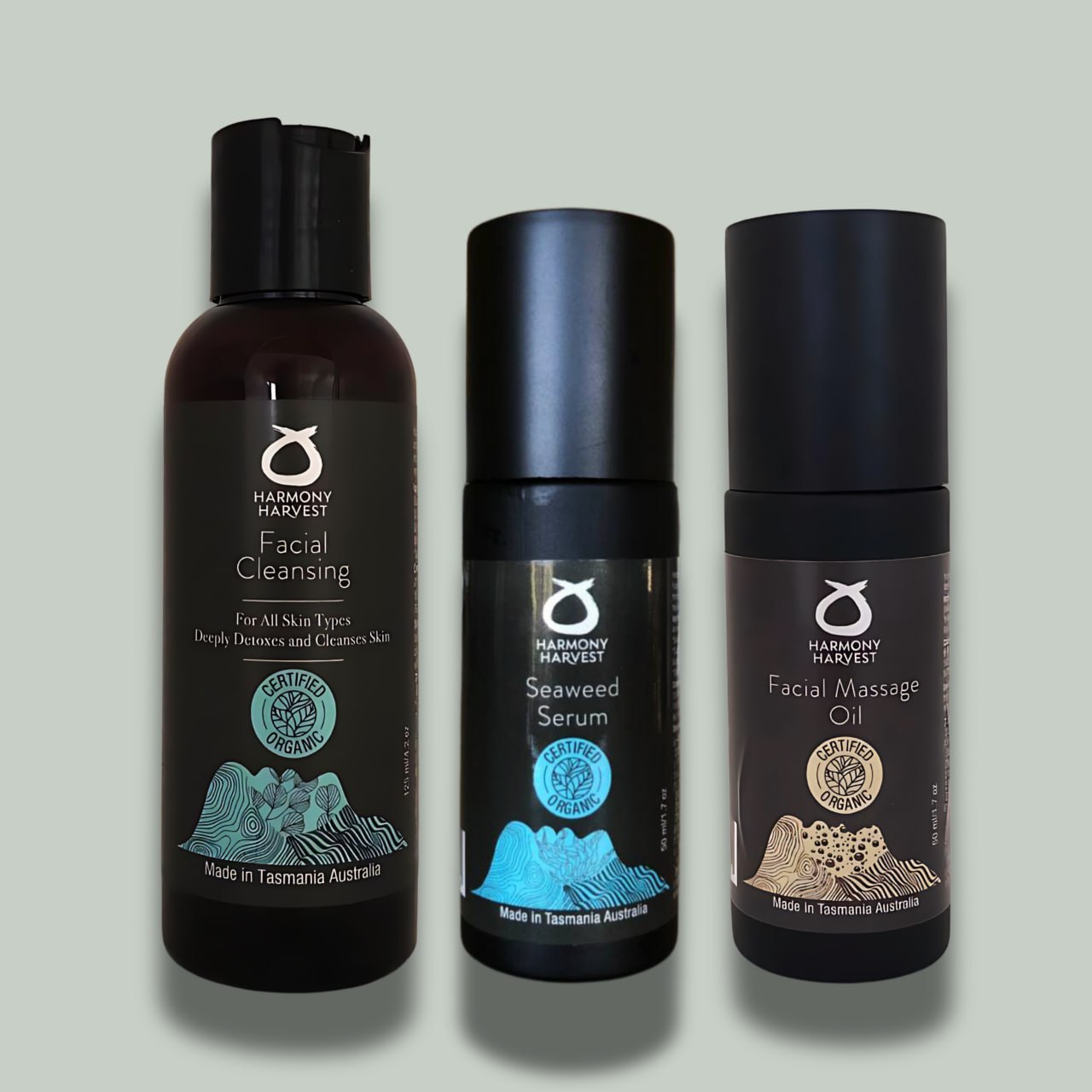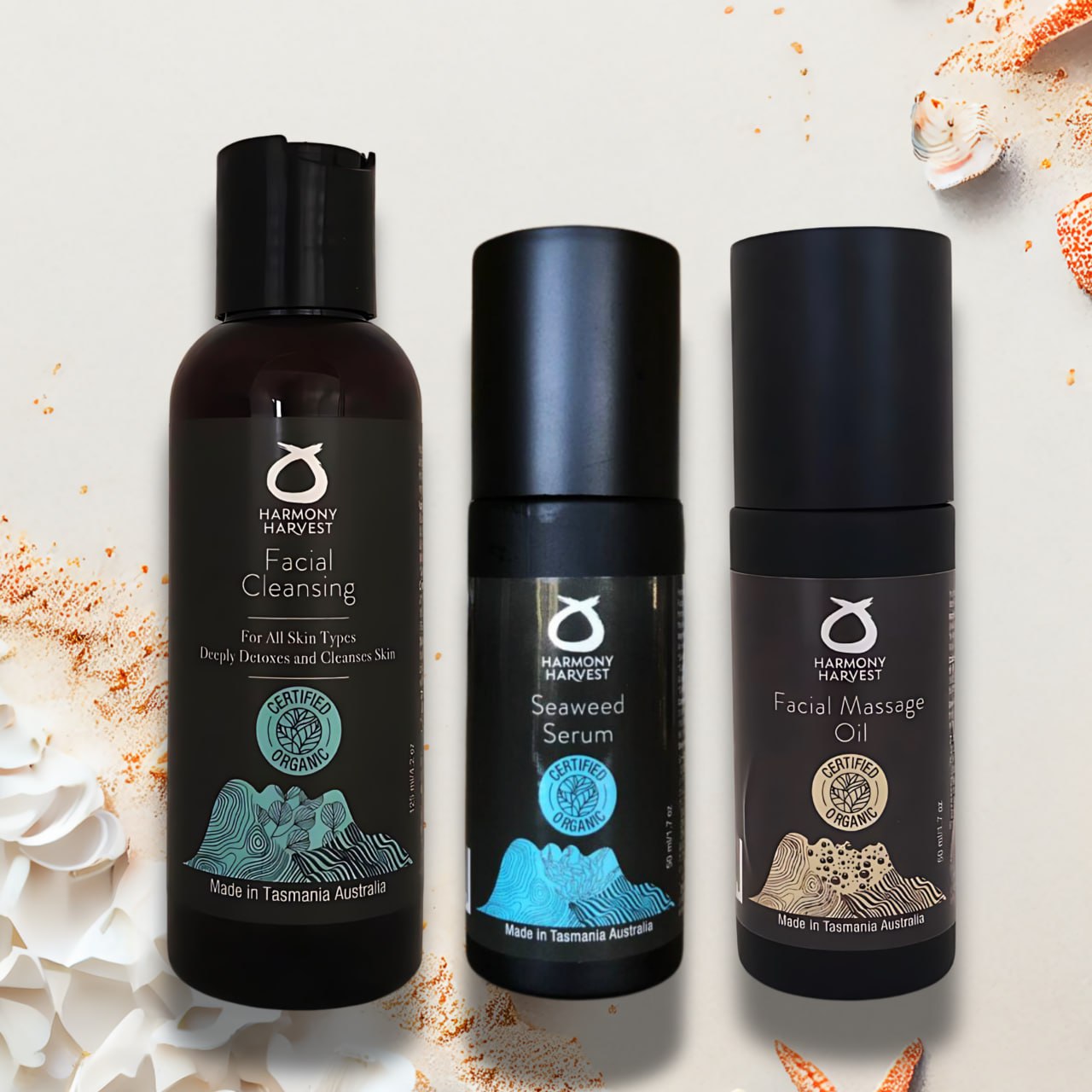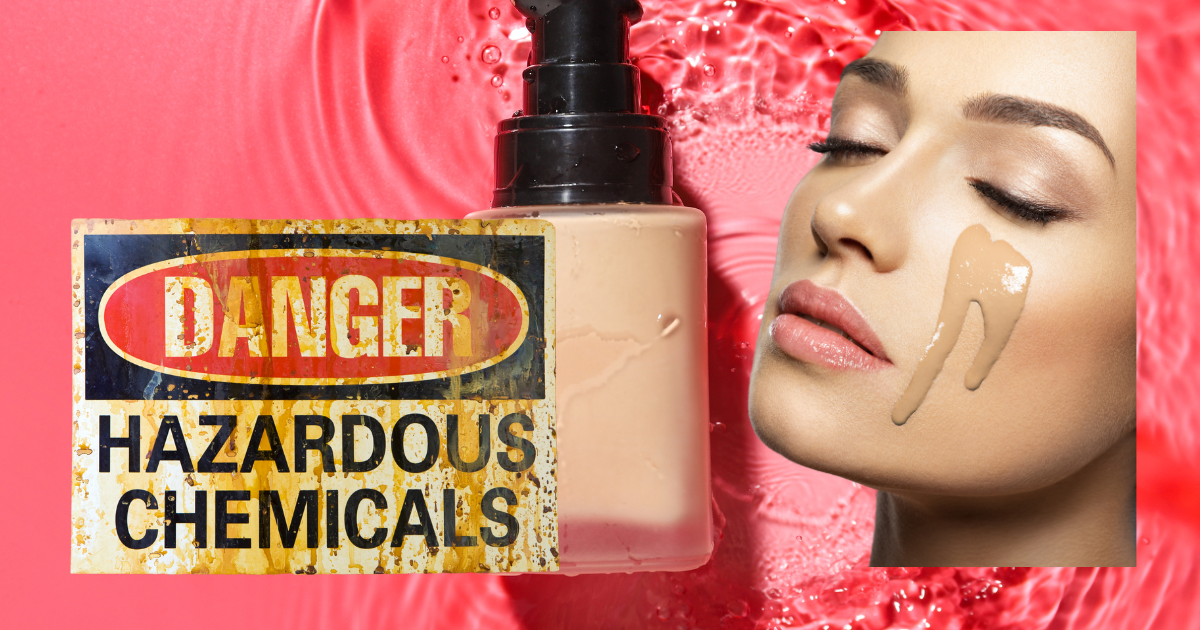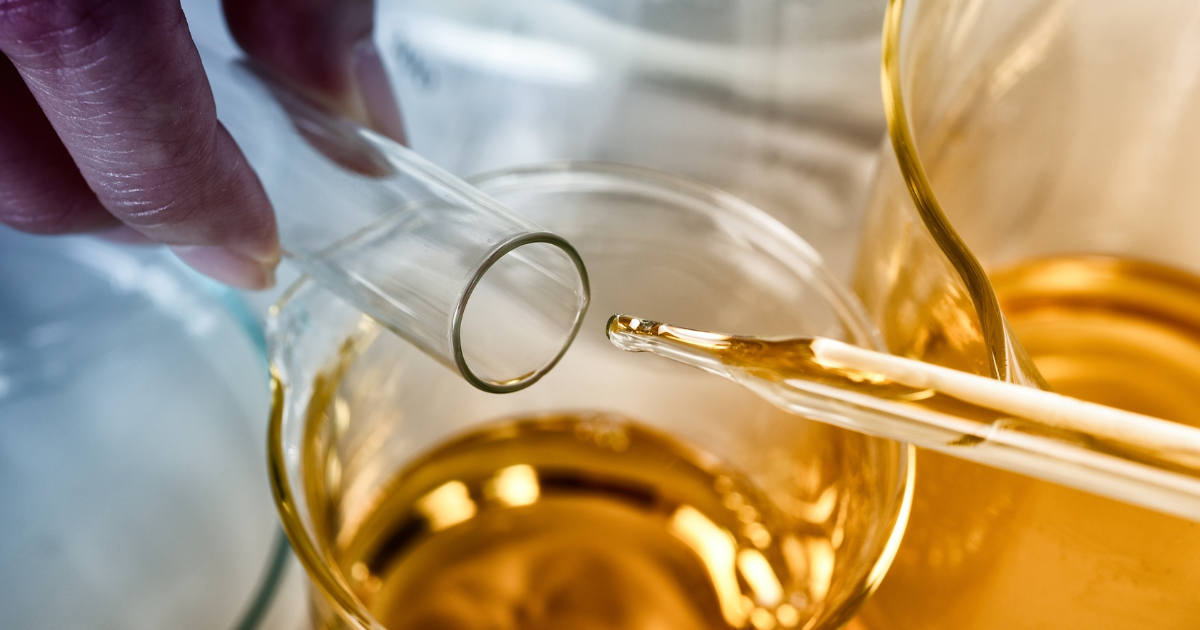
5 Ingredients to Avoid in Face Skincare Products (and Why Big Brands Still Use Them)
When it comes to skincare, we trust brands to offer products that are safe and beneficial for our skin. However, investigations and research have revealed that many long-standing, well-known brands include harmful ingredients in their formulations. These chemicals may offer temporary cosmetic benefits, such as smooth application or extended shelf life, but their long-term effects on skin and overall health can be damaging. Below, we explore five ingredients to avoid in face skincare products and the reasons they should be excluded from your routine.
1. Polyethylene Glycols (PEGs)
PEGs are petroleum-based compounds commonly used as thickeners, softeners, and moisture carriers in creams and lotions. While they enhance the texture of products, PEGs are often contaminated with toxic by-products such as ethylene oxide and 1,4-dioxane. Ethylene oxide is classified as a known human carcinogen, while 1,4-dioxane is a potential carcinogen.
Why Brands Use Them: PEGs are inexpensive and effective at improving a product's feel and absorption. Big brands favor PEGs because they ensure consistent quality and a luxurious user experience.
Research Evidence: According to the Environmental Working Group (EWG), traces of 1,4-dioxane have been detected in up to 46% of personal care products in some studies.
2. Plastic Microbeads
Though primarily used in exfoliating scrubs, microbeads can sometimes sneak into face washes and other skincare products. These tiny plastic particles pollute oceans and harm marine life. On the skin, they can cause micro-abrasions and disrupt the natural skin barrier.
Why Brands Use Them: Microbeads are an affordable and uniform alternative to natural exfoliants like sugar or salt, making them popular in mass-market formulations.
Regulatory Pushback: While bans on microbeads have been enacted in several countries, some products containing them still exist, particularly in markets with lax regulations. A 2020 study published in Science Advances states that plastic microbeads are a major contributor to global plastic pollution.

3. Parabens
Parabens, such as methylparaben and propylparaben, are widely used preservatives that extend the shelf life of skincare products. Unfortunately, parabens are endocrine disruptors, meaning they mimic hormones in the body and may interfere with hormonal balance. Prolonged exposure has been linked to breast cancer and reproductive toxicity.
Why Brands Use Them: Parabens are highly effective in preventing microbial growth, ensuring products remain safe to use over time, especially in humid environments.
Research Evidence: A 2004 study published in the Journal of Applied Toxicology detected parabens in breast tissue samples, raising concerns about their safety in cosmetics.
4. Synthetic Fragrances
The term "fragrance" on a label often hides a cocktail of undisclosed chemicals, including phthalates, which are plasticizers used to stabilize scents. Phthalates are also endocrine disruptors and may cause allergies, irritation, and respiratory issues.
Why Brands Use Them: Fragrances enhance the sensory appeal of products and are key to brand identity. A "signature scent" often drives consumer loyalty.
Research Evidence: Studies by the Campaign for Safe Cosmetics have shown that many fragrance products contain harmful chemicals not listed on labels, as manufacturers are not legally required to disclose fragrance components.
5. Sodium Lauryl Sulfate (SLS) and Sodium Laureth Sulfate (SLES)
SLS and SLES are surfactants that create the foamy lather in cleansers and shampoos. While effective at removing dirt and oil, they strip the skin of its natural oils, leading to dryness, irritation, and even long-term sensitivity.
Why Brands Use Them: Sulfates are cheap and versatile, making them a go-to ingredient for mass-market cleansers.
Research Evidence: A study published in the Journal of the American College of Toxicology showed that prolonged exposure to SLS can cause severe irritation and compromise skin integrity.

Why Big Brands Still Use These Ingredients
The simple answer is cost-effectiveness and market demand. Many of these ingredients are cheap, effective, and allow products to be produced at scale. However, consumer awareness is changing the landscape. A growing demand for clean, safe, and sustainable products has pushed smaller, ethical brands to lead the way in offering alternatives. Meanwhile, big brands are slowly reformulating their products—but often only after public outcry or regulatory intervention.
The Importance of Checking Ingredients
As a consumer, it's vital to read the ingredients list before buying skincare products. Harmful chemicals like PEGs, parabens, and SLS can have long-term consequences for your skin and health. However, if you spot the COSMOS Organic logo on the product, you can rest assured it has been certified safe and free from these harmful ingredients. COSMOS Organic certification ensures strict standards for natural and organic ingredients, prioritizing consumer safety and environmental sustainability.

Introducing Harmony Harvest Skincare
Harmony Harvest, an Australian brand, offers a complete range of skincare products that are all COSMOS Organic-certified. This means you don’t have to scrutinize the ingredients—every product is guaranteed to be free of harmful chemicals, cruelty-free, and vegan. From nourishing moisturizers to rejuvenating masks, Harmony Harvest combines organic ingredients with proven effectiveness, making it a trusted choice for conscious consumers.
What You Can Do
- Read Labels: Familiarize yourself with harmful ingredients and avoid products that list them.
- Look for COSMOS Certification: Products with the COSMOS Organic logo are safe, natural, and environmentally friendly.
- Choose Ethical Brands: Brands like Harmony Harvest prioritize safety, transparency, and sustainability.
- Spread Awareness: Educate others about the hidden dangers in common skincare products.
By making informed choices, you can protect your skin, support ethical brands, and encourage the industry to prioritize safer and more sustainable practices.
Best Sellers


